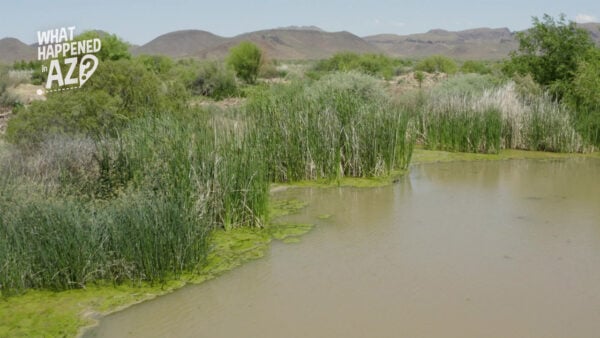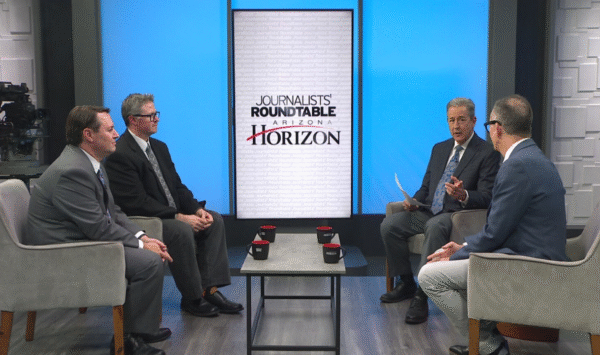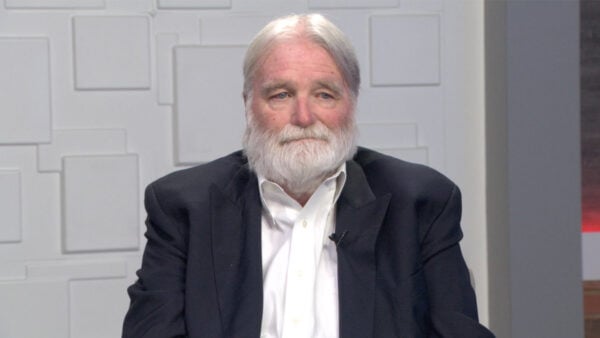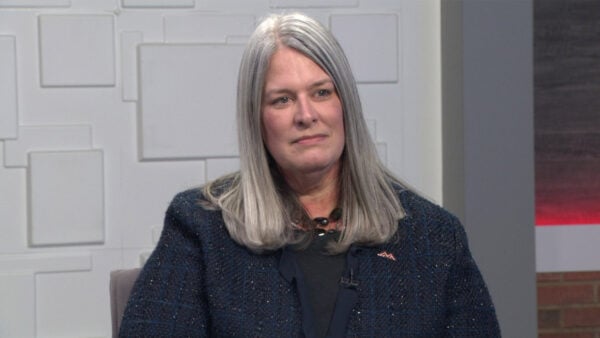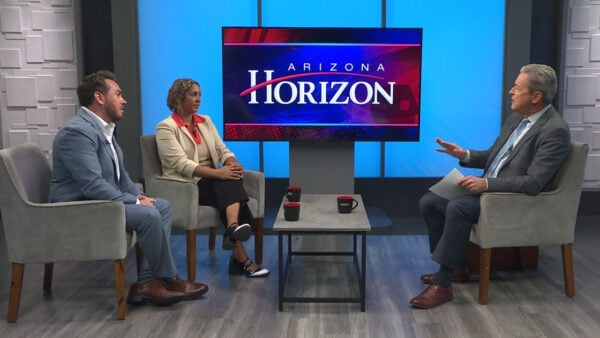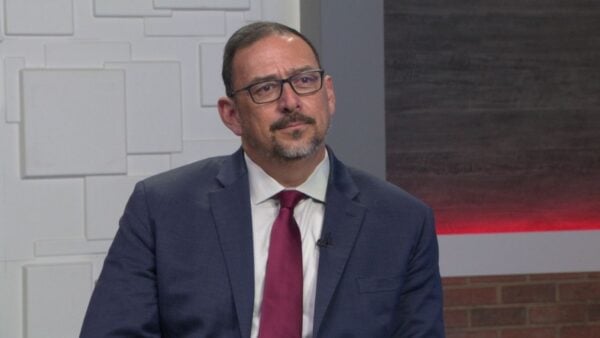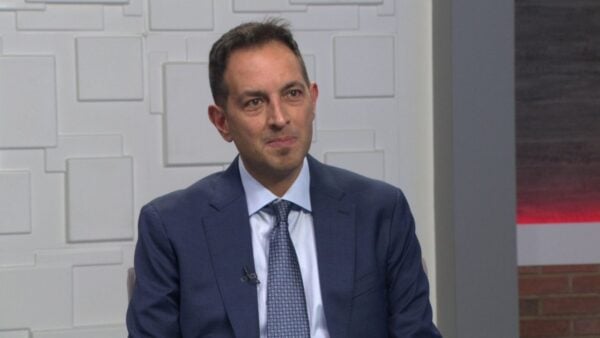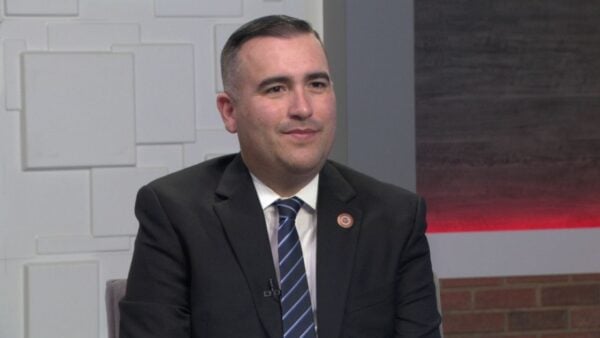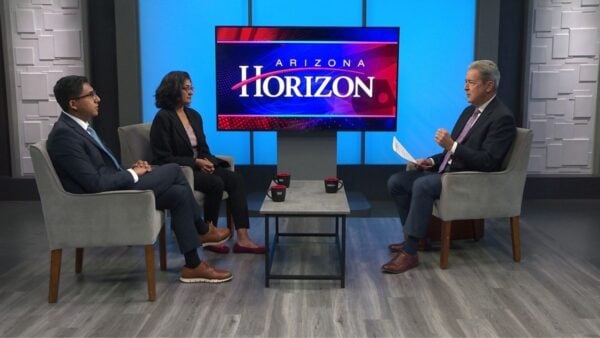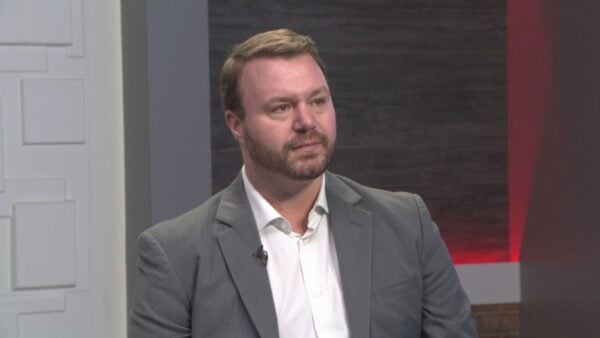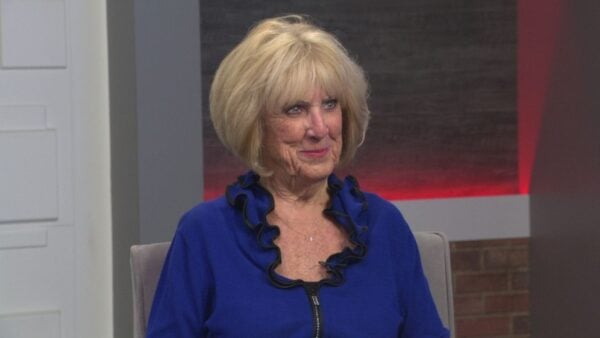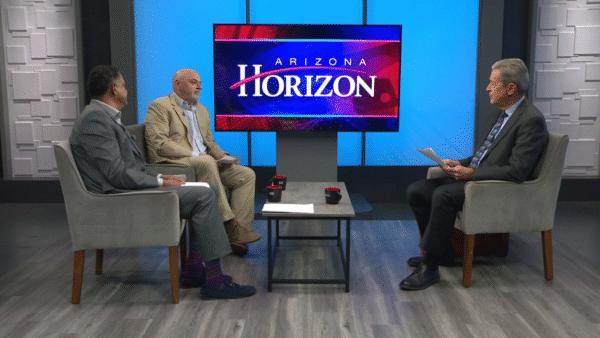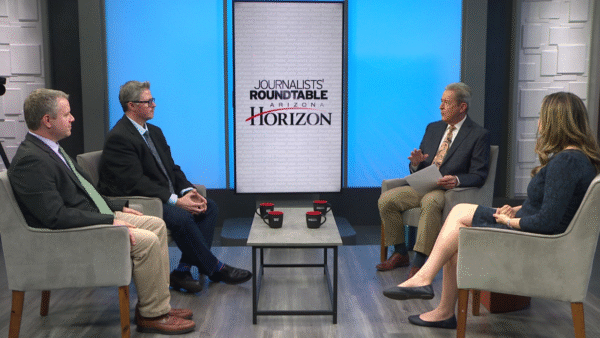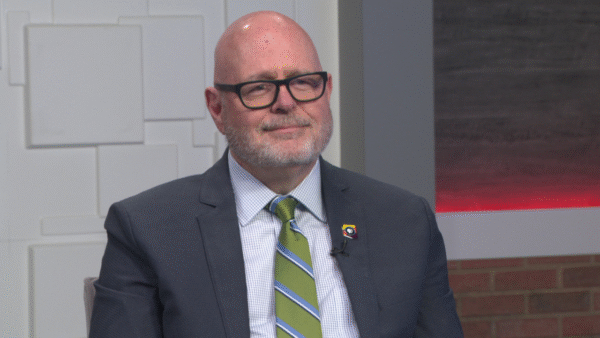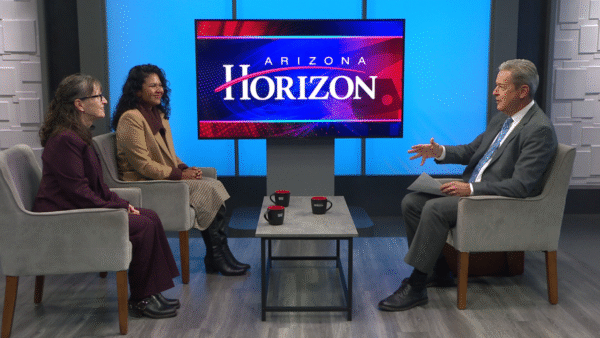UofA students find Kamo’oalewa asteroid may be from the moon
Jan. 29, 2024
A University of Arizona graduate student led a team to prove that a near-earth asteroid, named Kamo’oalewa, may be from the moon.
This builds on years of scientific studies inquiring about the origins of the asteroid. Kamo’oalewa (pronounced kamo-o-a-lewa) was discovered in 2016 by a group of astronomers.
Usually, asteroids are not gravitationally influenced enough by nearby planets to get near Earth’s neighborhood. But Kamo’oalewa seemed to be an outlier.
That was until 2021 when astronomers at UofA suggested Kamo’oalewa may have originated from the moon. Two years later, Daniel Castro, a graduate student in the Department of Physics at UofA, led a team to further prove that theory.
Castro joined us via Zoom to discuss his and his team’s findings.
According to Castro, the size of the object is equivalent to the size of half a football field, about 40 to 60 meters.
“If it is confirmed that this is an actual fragment of the moon, then it will be very important for multiple reasons. We would be able to collect very ancient material, then we’re going to get a very good idea of how the moon was millions of years ago, how has it changed, and tell us there is multiple origins of this object,” said Castro.

